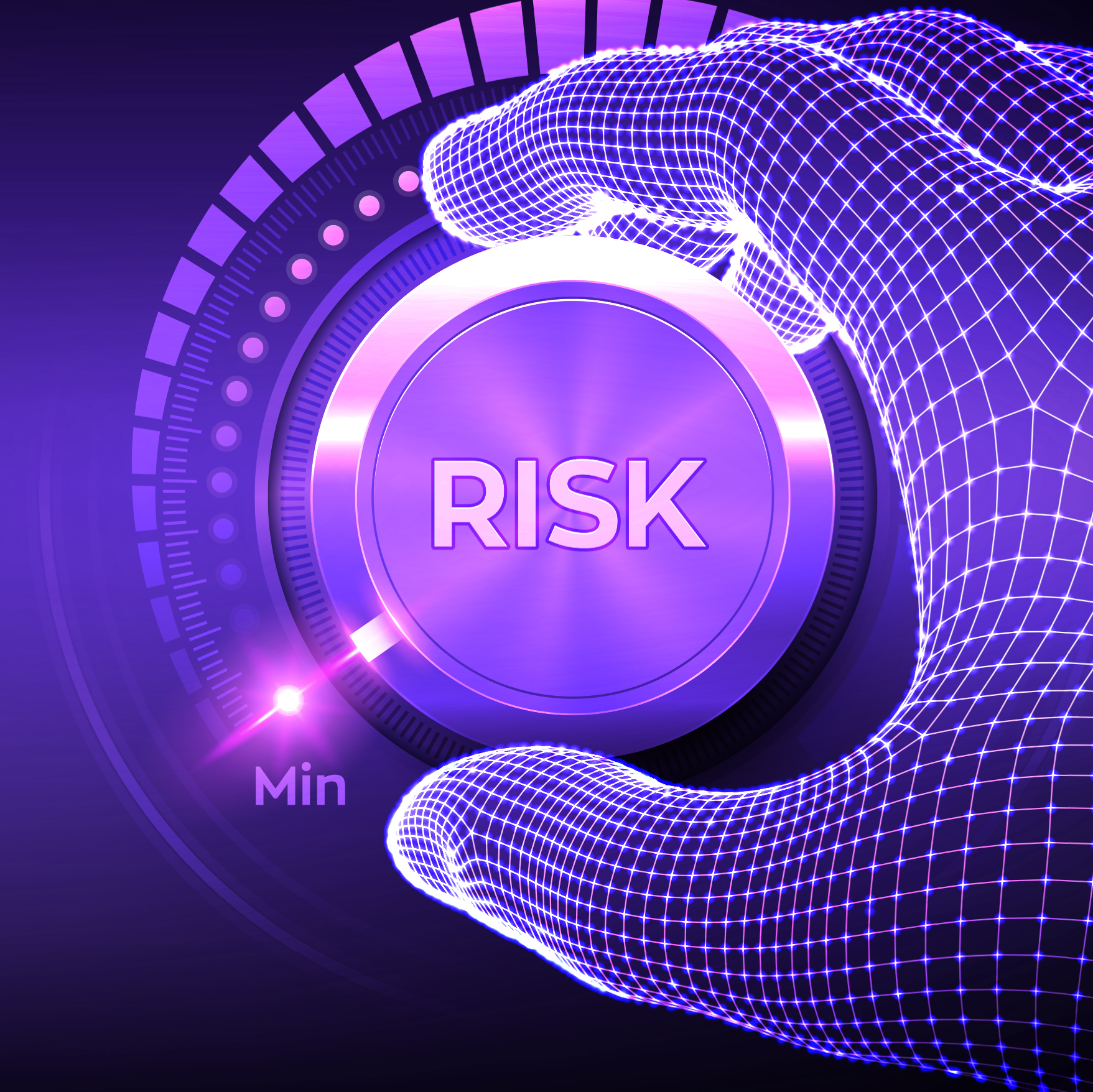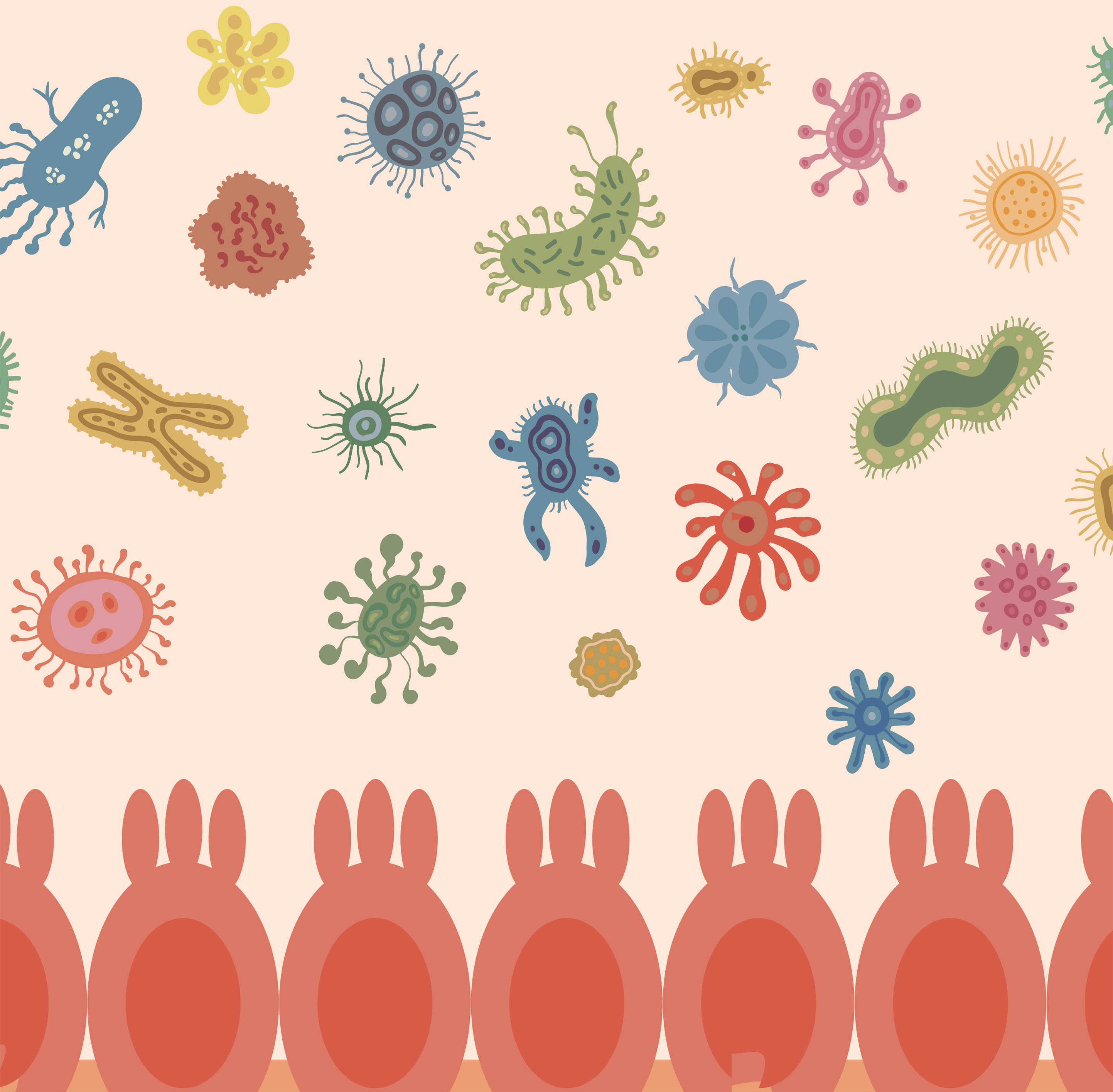At-A-Glance
- Barrett’s esophagus, a condition caused by acid reflux, is often considered precancerous. It reportedly affects 1 in 200 adults, though it may be over-diagnosed.
- The real danger comes from continued acid reflux after the diagnosis, not from Barrett’s itself. If reflux is well-managed, the risk of developing esophageal cancer remains low.
- This post provides specific recommendations for managing Barrett’s and reducing cancer risk. Join
Facebook Live with Dr. Koufman, Noon EDST 1st Wednesday of the Month. If You Miss It Live, See It On YouTube Afterwards.
What Is Barrett’s Esophagus?
Caused by acid reflux, Barrett’s esophagus (BE) is a change in the lining of the lower esophagus, where the usual lining is replaced by intestinal-type tissue. And it can increase your risk of esophageal cancer if not properly managed.
Years ago, patients with BE were told they had a 1% annual risk of developing cancer. Today, we think that (untreated) the lifetime risk is around 5%. But you should know that that risk can be minimized with proper reflux management. Red Flag: If you have a family history of esophageal cancer, your risk may be higher, and tight lifelong antireflux treatment is necessary.
Things You Should You Know If You Have Barrett’s
(1) Barrett’s is often over-diagnosed … and it is a good idea to get a second opinion from a doctor independent of the practice of the doctor who made the initial Barrett’s diagnosis.
(2) While obesity, male gender, tobacco, alcohol, and acid reflux are often cited as risk factors for BE, and they may contribute to reflux … it’s essential to understand that reflux is the primary factor that leads to cancer—not Barrett’s itself.
(3) Effective, long-term anti-reflux measures can significantly reduce your risk.
Comment: I have seen and treated more than 300 patients with Barrett’s esophagus in the five decades of my medical practice. On my watch, not a single one developed esophageal cancer
How Can I Reduce My Cancer Risk?
Here are my recommendations for reducing the risk of cancer if you have Barrett’s esophagus:
Drink alkaline water (pH 9.5) regularly. I recommend using a filtered pitcher or alkaline water drops, as bottled water may not be the best source.
Avoid eating late to allow your stomach time to digest before bed. See also The Dangers of Midnight Snacking.
Limit or avoid alcohol and coffee.
Eliminate all soft drinks, including soda, fruit juice, and energy drinks.
Sleep on an incline. If you have Barrett’s and can afford it, consider getting a bed that goes up and down.
Take an alginate like Gaviscon Advance before bed to help prevent acid reflux. See also my post on Alginates.
Parting Shot: PPIs, Barrett’s Esophagus, and Esophageal Cancer!
Although PPIs like Prilosec and Nexium are commonly prescribed, they may not be the best treatment for Barrett’s. Long-term use of PPIs increases the risk of esophageal cancer. Instead of relying on medication, lifestyle changes, particularly dietary modifications, are key to managing Barrett’s esophagus. STAY AWAY FROM PPIs.
Subscribe to this blog (sign up below) to stay current; if you would like to schedule a virtual consultation with me, you can Book It Online.










